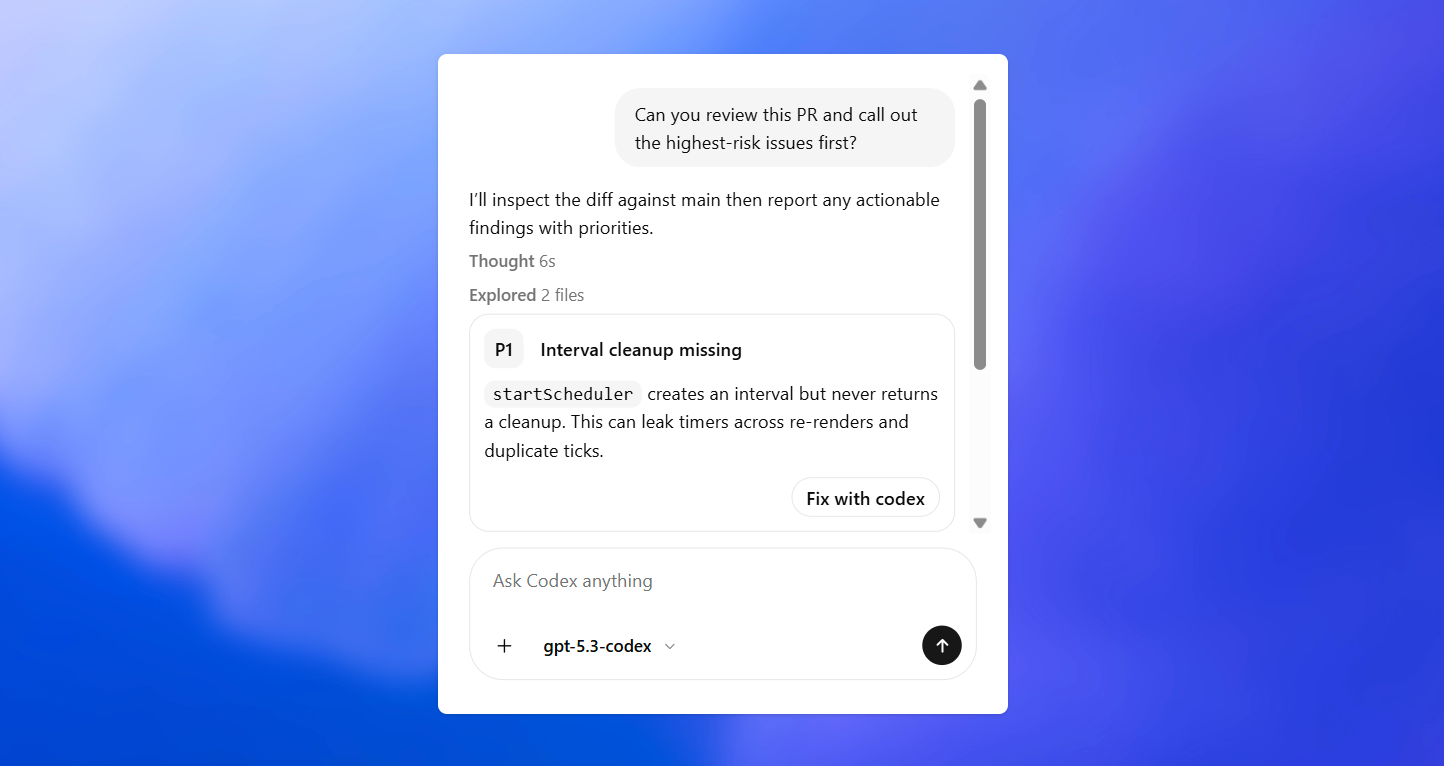Parents express mixed views on AI in education, new Norton survey reveals
AI continues to shape our daily lives, and education is no exception. While AI offers promising enhancements to education, ethical and safety implications give many parents pause.
With 93% of parents of schoolchildren aged 5 and up are concerned about AI being used in the classroom or at school, Norton has released a study delving into what parents in the USA think about their children using AI and shared best practices to navigate the back-to-school season safely.
Among the top concerns, 51% worry about their children encountering inappropriate content. Additionally, 50% are concerned that AI-generated content may be biased or incorrect, and they fear an over-reliance on technology. Furthermore, 46% of parents are apprehensive about their children sharing personal data online.
Despite these concerns, many parents remain optimistic about AI's role in their children's lives, recognising how it can be used to a child's advantage in the classroom. Nearly half (49%) of parents noted they would approve of their child using AI to complete schoolwork, out of the 35% of parents who support their oldest child using AI in the classroom. Moreover, 69% believe AI should be utilised for research in classrooms or at school, and 48% trust lesson plans and curriculum created with AI tools. However, 25% of parents with children aged 5 and up are confident that teachers can identify assignments or essays produced by AI.
In response to these findings, Norton experts have shared several recommendations to help parents ensure their children’s safety while using AI:
Protect Personal Information: Parents are encouraged to educate their children on the importance of safeguarding personal data, especially when interacting with AI platforms.
Verify Website Safety and Use a VPN: Parents and children should ensure that websites are secure before accessing AI tools. Using a Virtual Private Network (VPN) can help protect against potential scammers and manage secure passwords.
Enable Age-Appropriate Settings: Using AI settings tailored for different age groups can help manage the use of AI tools effectively.
Promote Integrity and Responsibility: Open conversations about integrity and responsible behaviour online are crucial.
Kim Allman, Head of Corporate Responsibility and Public Policy at Gen said in response to the findings:
"Keeping our children safe starts with open, ongoing conversations. The Smart Talk, created in collaboration with National PTA, helps families talk about digital safety and promote personal responsibility with technology. With open discussions, we can embrace innovation while guiding children to use technology safely and responsibly.”





















